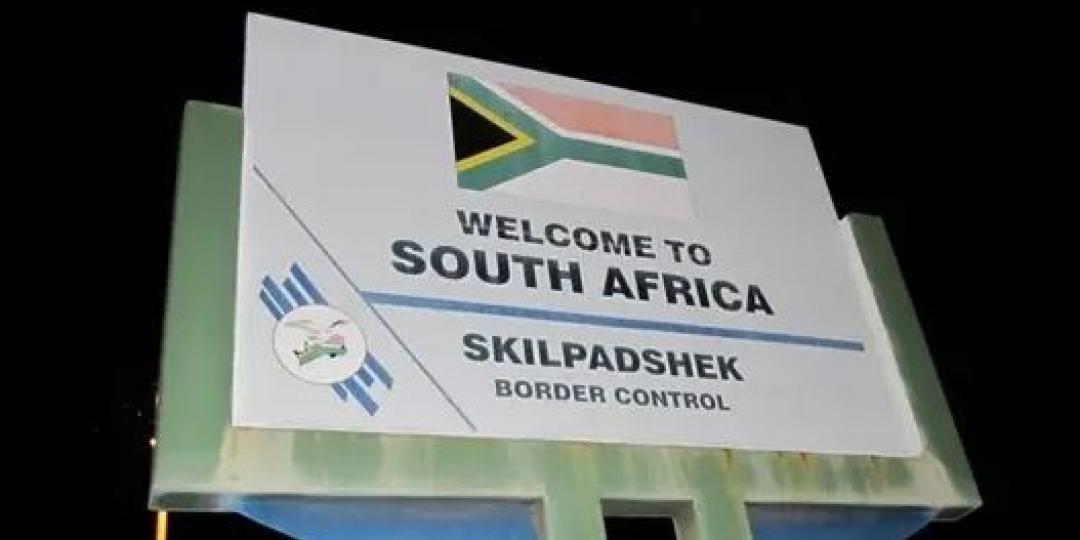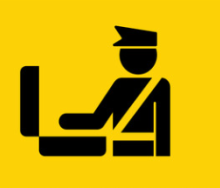A communique circulated via social media shows that South Africa’s embarrassing inability to pay for enough Port Health officials to officiate at certain land borders, especially Skilpadshek on the important Trans-Kalahari Corridor, continues to impede effective supply chain across the region.
According to the leaked notice by MC Moagi, sub-regional manager for Port Health in North West province, the important crossing into Botswana on the N4 Platinum Highway will, for the foreseeable future, only operate from dawn to dusk.
The notice says: “Based on the limited number of Port Health (sic) available, Port Health service will operate from 06h00 to 18h00 at Skilpadshek with effect from 22/06/2012.”
Whereas previously it was speculated that the Department of Health (DoH) had not renewed contracts with community health workers required to fulfil the function, Moagi’s communique confirms that a shortage of money is responsible for the situation.
“Port Health has been using the services of Community Service Environmental Health Practitioners on (sic) one year contract from March 2020 until 21 June 2021.
“Unfortunately their contract has not been renewed due to financial constraints, (sic) Port Health service will sustain above mention (sic) hours of operation till further notice.”
In separate leaked information from the same source, whose name is withheld, the DoH has drawn up an operating schedule for Skilpadshek confirming that the port of entry will only operate during the hours mentioned by Moagi.
It also shows that there’s only one Port Health official on duty.
The schedule of restricted border operation runs well into next week.
The news led one cross-border operator to remark that it was unacceptable that drivers could arrive at a border such as Skilpadshek with the necessary Covid-19 test results, but that they could not proceed because the DoH did not have money to pay for officials required to screen for the virus.
Restricted hours on such a busy corridor crossing will result in backlogs.
Responding to a question about the impact of the lost time, a transport facilitator said: “It’s countless trucks and then the backlogs the next day.
“It is an untenable situation and I just cannot believe that this is being allowed to happen.
“I am beyond the mad stage.”
Importantly, it has been mentioned in certain circles that the staffing problem could probably be easily solved, because you don’t really need someone to check whether or not truckers have the necessary Covid-19 certificate.
To enter Botswana drivers need a valid PCR (polymerase chain reaction) certificate no older than 72 hours with a QR code on the back.
It has been recommended, for example, that immigration officers with scanning equipment could be used to enforce screening protocol at a border such as Skilpadshek.













